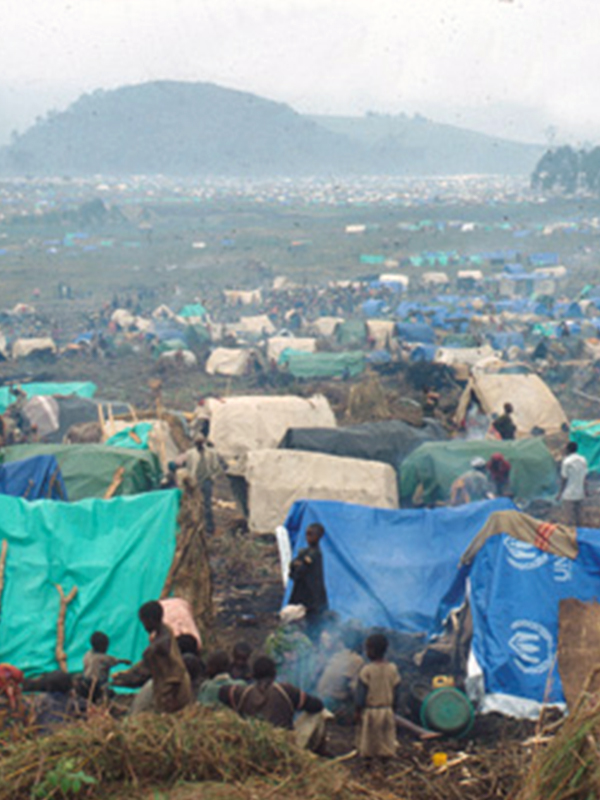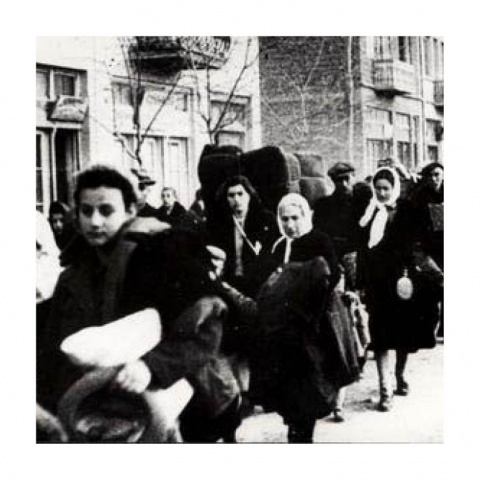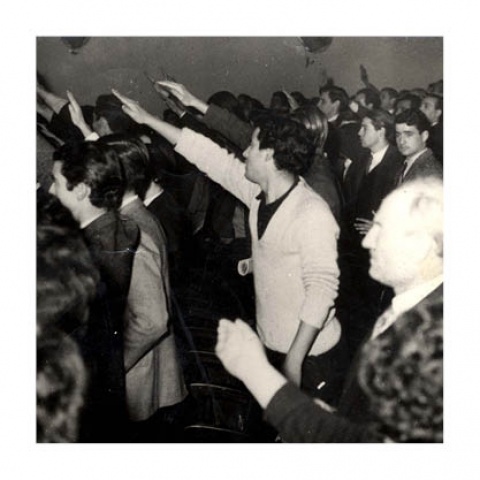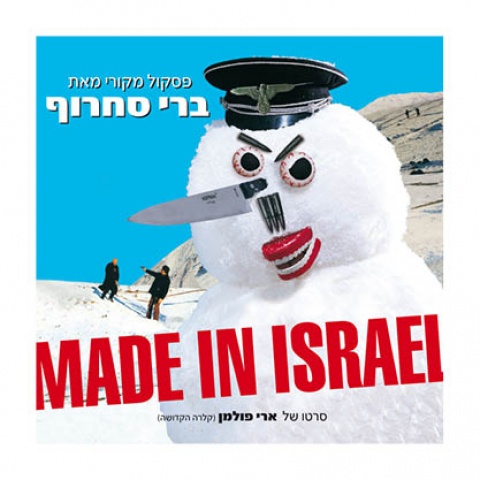Product Description
Wednesday 21 August
1.15pm
FREE
In this Lunchtime Lecture, Museum Educator Breann Fallon will explore how the perpetrators of the Rwandan Genocide propelled the violence that culminated in mass violent killings of the Tutsi population. Understanding how genocide is propelled is critical in preventing future case of such violence.
Historical overviews of the Rwandan Genocide often highlight tribal tensions and Belgian colonisation as the central influences on the slaughter of 1994. However, Breann highlights that there is an overlooked driver of the actions of the Hutu perpetrators: the machete.
Breann will illustrate how the machete came to be “spiritually enchanted”; more than an inanimate weapon. The machete was in fact able to influence the perpetrator psyche, propel violent actions and justify final blows. The machete, as Breann will explain, was a manipulative agent complicit in the murder of the Tutsi population.
This research was recently published as an academic article ‘The Fetishisation Effect: The Manipulation Power of the Machete in the Rwandan Genocide’ in the international journal Implicit Religion.
Bio
Breann Fallon is a member of the Sydney Jewish Museum Education Department. Her research focuses on religion and violence with publications on numerous topics including genocide, genocidal sexual violence, religion as portrayed on film, and nature-based religious movements. She is a member of the Australian, British, and European Academies for the Study of Religion as well as the International Association of Genocide Scholars, having presented at academic conferences in Europe, the US, New Zealand and Australia. Breann has appeared as a guest on ABC radio national, 2SER, and numerous podcasts, including the Religious Studies Project where is the Asia-Pacific podcaster. Prior to working at the Sydney Jewish Museum, she taught at the University of Sydney for three years in the Studies in Religion department.







What’s On Newsletter
Keep up to date on all Museum events and exhibitions.